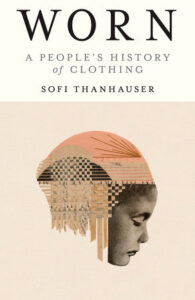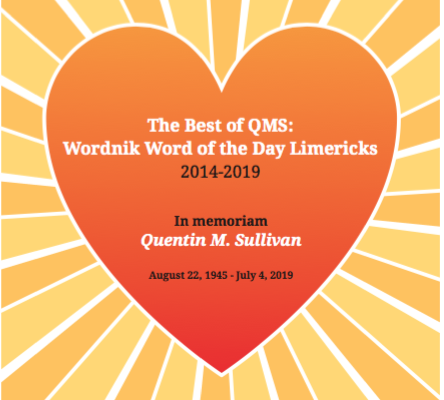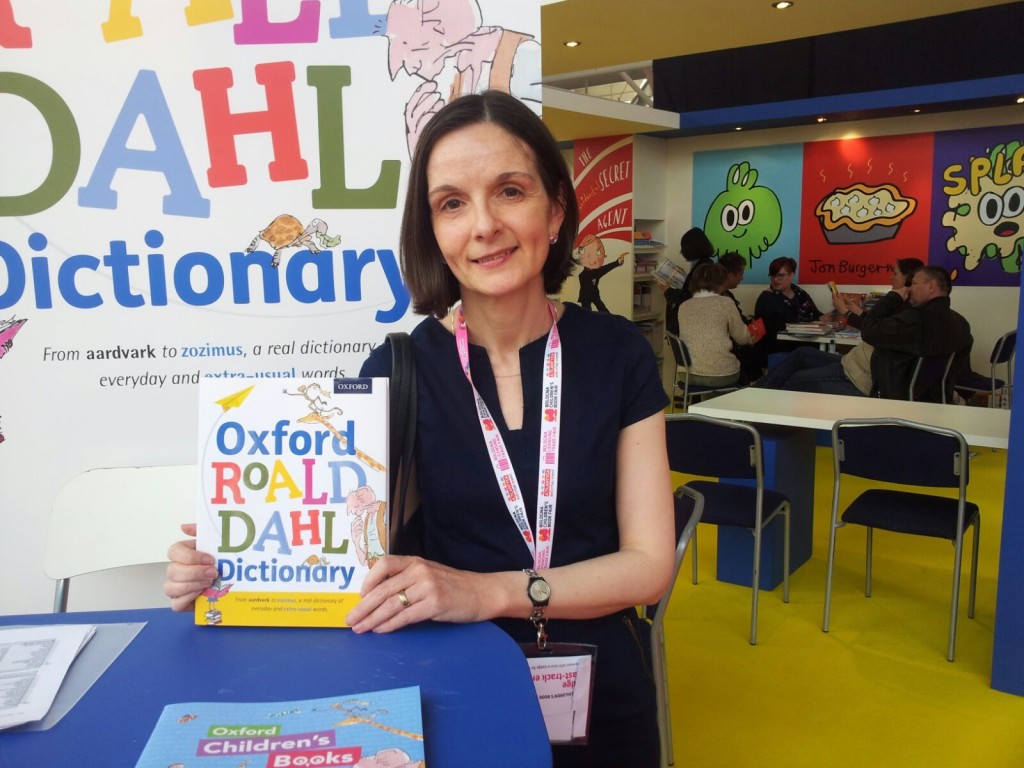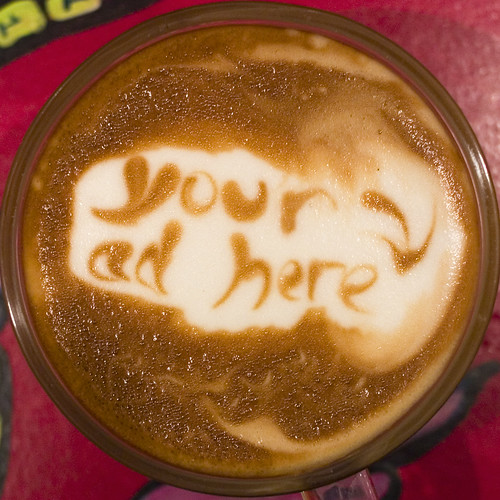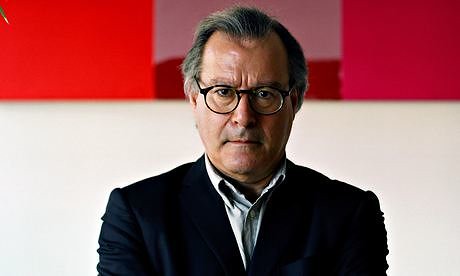
We’re very happy to present this guest post by Jonathan Green, the Green behind Green’s Dictionary of Slang, which launches today online!
The road to Green’s Dictionary of Slang Online
‘We do not,’ announced my new publisher at our first meeting, ‘want to do this book.’ This is not, as one nears the end of seventeen years of research on a project that has not simply taken over one’s life but pretty much come to represent it, what one wishes to hear. I did not, however, wholly blame them. Those same 17 years had seen a vast change in their industry. The commissioning publisher no longer existed, that which followed had announced, at around year twelve ‘well, we’ll publish it if we have to’, and a successor had been consigned to the scrapheap a few months before. Ironically, the new uber-company, a global name, had already thrown me out once, before finding themselves in charge once more, thanks to a takeover. I had fantasies of meetings in some distant office: ‘No, not that bloody slang dictionary again…’
So I was not surprised. The new imprint had no experience of this variety of reference, the book – many pages, lengthy editing, the complex typography that informs any dictionary – would be expensive. The twin gods of profit and loss were unhappy. But their bosses had placed a gun at their head, and they in turn placed one at mine. We will publish, they continued, but despite your contract, we will not produce the on-line edition that had been part of that contract. Take it or leave it.
In 1998, when I signed the contract for Green’s Dictionary of Slang (GDoS) as an expansion (there would be citations and doubtless many more entries) to my Cassell Dictionary of Slang, the Internet was up and running. There was something called an ‘e-book’. Its definition was somewhat vague; today’s e-book had yet to take off. The term meant no more than a digital version. I saw an all-singing, all-dancing, ‘live’ edition of the dictionary. The then publishers may have seen something different but we did not discuss it. There was enough to do.
It was this, then, that the new owners rejected. If I still wanted to take the dictionary online, it was up to me.
Take it or leave it? I took it. The book appeared, was kindly reviewed, won a prize, even achieved a reprint. The author Martin Amis, in a footnote, had christened me ‘Mr Slang’. I worked on the brand. Two years on there was a second meeting: do you intend to support my continuing work? Absolutely not. OK: the slang lexicographer is traditionally a soloist. We do not do teams. But we do need help.
There were three avenues to explore. A publisher, an academic institution, a commercial business. I set off looking. The first had been solved. Reference publishing in the UK was vastly reduced. I had already had a long flirtation with the most important of all such companies as a possible backer of the print book. We had danced, ever more intimately, almost to the altar. But their pre-nup proved unsignable. Like Dickens’ Miss Havisham I kept the wedding dress. I wrote to universities, some seemed amenable. Again, there were suitors. The most prestigious seemed very keen. Our first conversation ended ‘We look forward to working together.’ The last, nine months on, admitted ‘We don’t actually know how to do this.’ I know few business people. I called in favors from friends that do. The experience was, let’s say, educative. I would offer my pitch. My host cut invariably to the chase: what’s in it for me? The word ‘monetize’ reared up. I had no useful answer. The concept of patronage, of simply backing something worthwhile, cut no ice. We parted. I envisaged a secretary bringing a restorative drink. The magnate amused. ROFL as the textspeak has it.
I did not give in. The wedding dress grew stained, tattered, the wedding feast crumbled to dust. Backed by my wife, who in a second career has made herself a peerless mistress of cite extraction, I continued to work. This was not noble or otherwise plucked from the self-help manuals: what else was there to do? I research slang much as I breathe. And there was so much on offer. The Internet was a cornucopia of material. If my predecessors had sometimes struggled to find examples of slang in use, my problem was no more than one of choice: where should I go today? Newspaper databases and contemporary journalism, TV and movie scripts, lyrics from every type of popular music, social media… I even read more books, often from newly formed digital archives. Unprecedented, incomparable riches. How could I give up when every day my own database expanded and thus, I hoped, improved?
It is fitting, therefore, that the net would save me. Like many writers looking for exposure, I had signed up for Twitter. In April 2014 a tweet appeared; I had no idea of the poster, I could not resist the content: ‘Do you want to put the dictionary online?’ ‘Yes,’ I answered. ‘Would you like me to do it?’ ‘Yes please. How much?’ ‘Nothing. The work should be there.’ This was a relief: I have no funds and other programmers – I had approached several – had demanded megabucks. We met. The sender was a twenty-year-old programmer, David Kendal. He was impressively knowledgeable, not only of programming but of the possibilities for putting it to lexicographical use. We made a deal. I turned over the data, he set to work. What followed was not always simple nor smooth, but the task advanced. The three volumes of print, much augmented, and with the potential for regular improvement, emerged in digital form.
If the rest is not history, then it is what is launched today. Green’s Dictionary of Slang Online. It is here: https://greensdictofslang.com. Those who wish only for a simple headword plus etymology plus definition may access it for free. Those who wish to see the underlying citations, its heart, must pay a subscription. We have tried to keep it low. There will be regular updates. New research tools will be added. Like the Internet which hosts it, the possibilities are endless.
